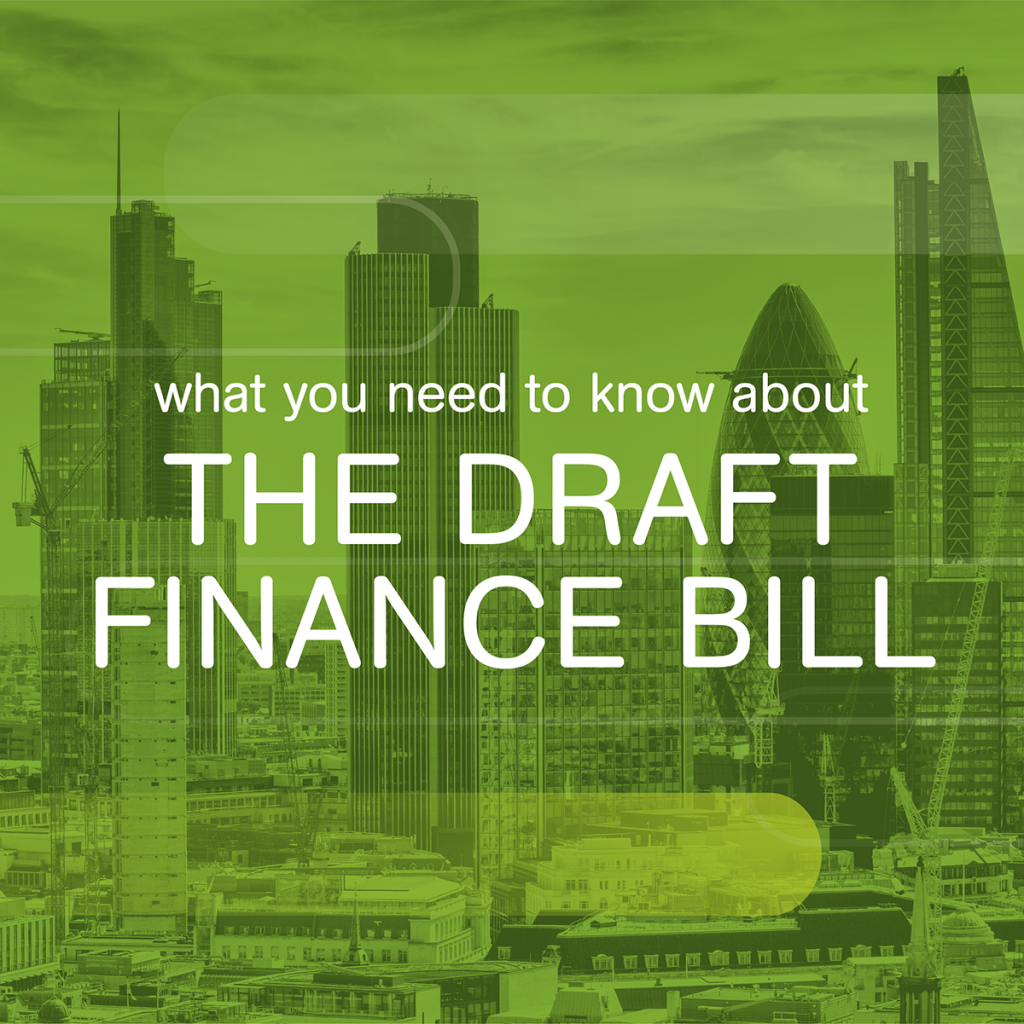On 6 July 2018, the government set out its draft Finance Bill 2018-19. We look at what the Finance Bill is, what measures are included in this year’s legislation and their impact on financial landscape for businesses in Southend and beyond. Notably, this year’s draft has been published earlier in the year, allowing more time for scrutiny of tax measures.
With regards to this year’s Finance Bill, Mel Stride, Financial Secretary to the Treasury, comments: ‘This legislation illustrates our commitment to creating an environment in which innovation and enterprise can thrive, while ensuring that everyone plays by the same rules.’
What is the Finance Bill?
Each fiscal year, the UK government publishes new legislation that sets out changes to annual taxes and duties, and delivering new tax proposals. Prior to the Finance Bill being confirmed by Parliament, it is published in draft for consultation, along with explanatory notes. Also included is a tax information and impact note (TIIN); this lays out what the legislation seeks to achieve, explains why the government has proposed this and summarises its anticipated impact.
What is in the latest Finance 2018-19 draft bill?
The contents of this year’s draft Finance Bill includes changes to direct taxes, corporation tax, updates to oil activities and petroleum revenue tax, leases, VAT and Stamp Duty changes, climate change levy, vehicle duty and excise duty updates. The draft legislation also includes updates to the administration and enforcement of tax returns, with penalties and repayment interests discussed with regards to VAT, as well as extension of time limits involving offshore matters.
Failure to pay tax in the Making Tax Digital regime
In the draft bill, the government has announced its intention to introduce a new two-tiered penalty system for businesses that do not pay their tax on time, to be enforced within 15 days of an overdue payment. The rates that will apply to this will be announced later.
From April 2019, there will also be fines introduced for inability to maintain digital records. However, with regards to Making Tax Digital, HMRC has proposed initial grace periods as businesses get used to the new system.
Time limits for offshore matters extended
The draft legislation also proposes to give HMRC 12 years after the end of the year that the tax in question is due to make an assessment for offshore non-compliance. This will apply to Income Tax, Capital Gains Tax and Inheritance Tax, and will apply for years 2013-14 and 2014-15 where the loss of tax is as a result of careless behaviour.
Changes to the evidence needed for employee expenses
From April 2019, employers will not need to have a checking system in place to look at expense claims or receipts. Instead, they will be required to ensure the employee has undertaken qualifying business travel, using the HMRC benchmark scale rates or overseas scale rates.
For more changes, please see the official draft Financial Bill and explanatory notes here.
When does the Finance Bill 2018-19 consultation close?
The consultation on this year’s draft Finance Bill 2018-19 will close on 31 August 2018, with approved measures to be confirmed at Autumn Budget 2018, which is likely to take place in November. Once Royal Assent is received, this Bill will become the Finance Act 2019.
Whatever happens in the Autumn Budget 2018 or Finance Bill 2018-19, TBL Accountants will keep you up to date, letting you know how the announcements will affect you and your business.
Follow us on Facebook, Twitter and LinkedIn for handy reminders on the updates you need to know.
Find all the Finance Bill 2018-19 legislation and explanatory notes here.
TBL Accountants are your local accountancy firm operating in Southend and across Essex. We specialise in a variety of services as personal, business, and charity accountants. Want to find out more? Get in touch with our team today.
Here for you.
